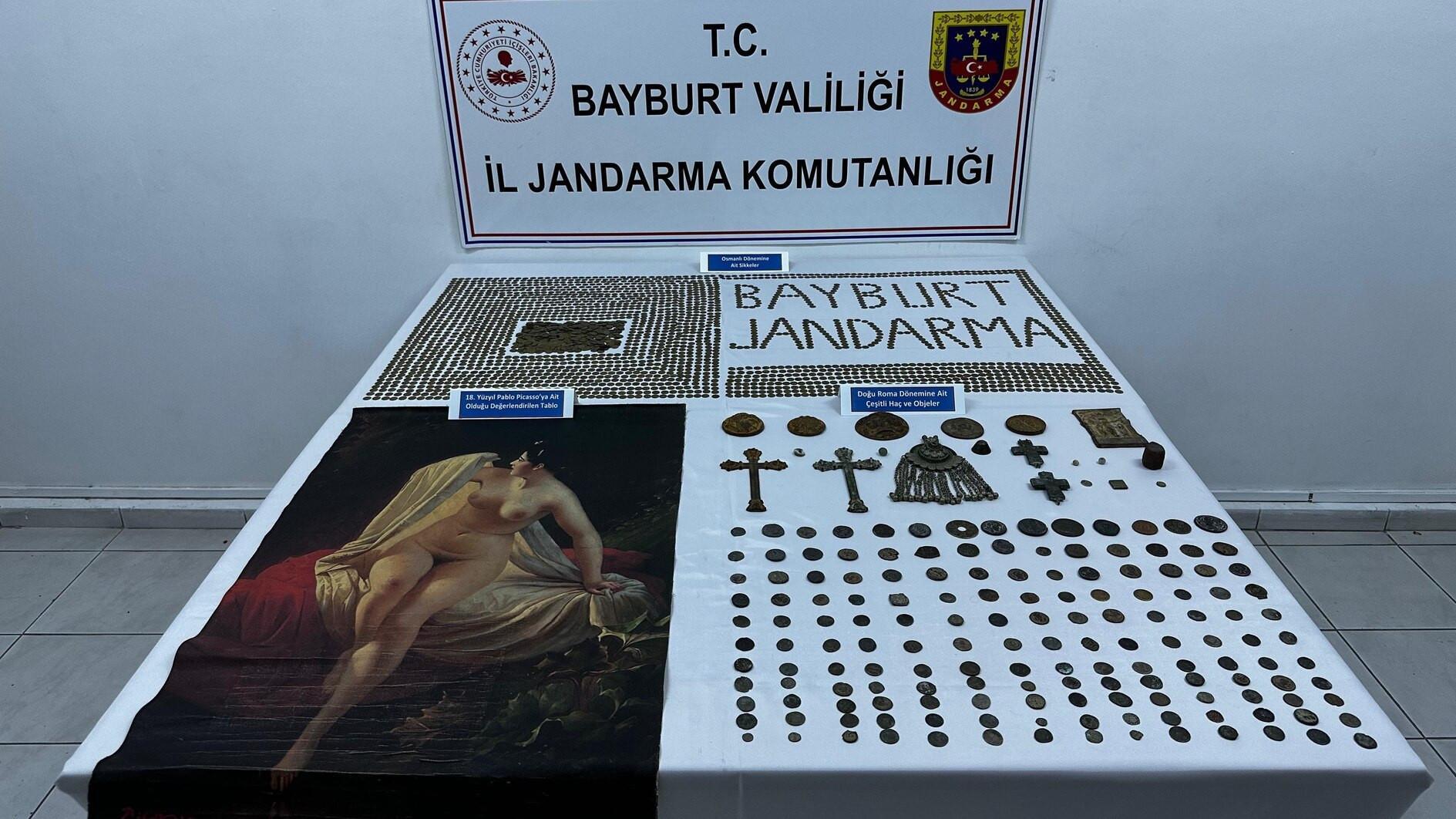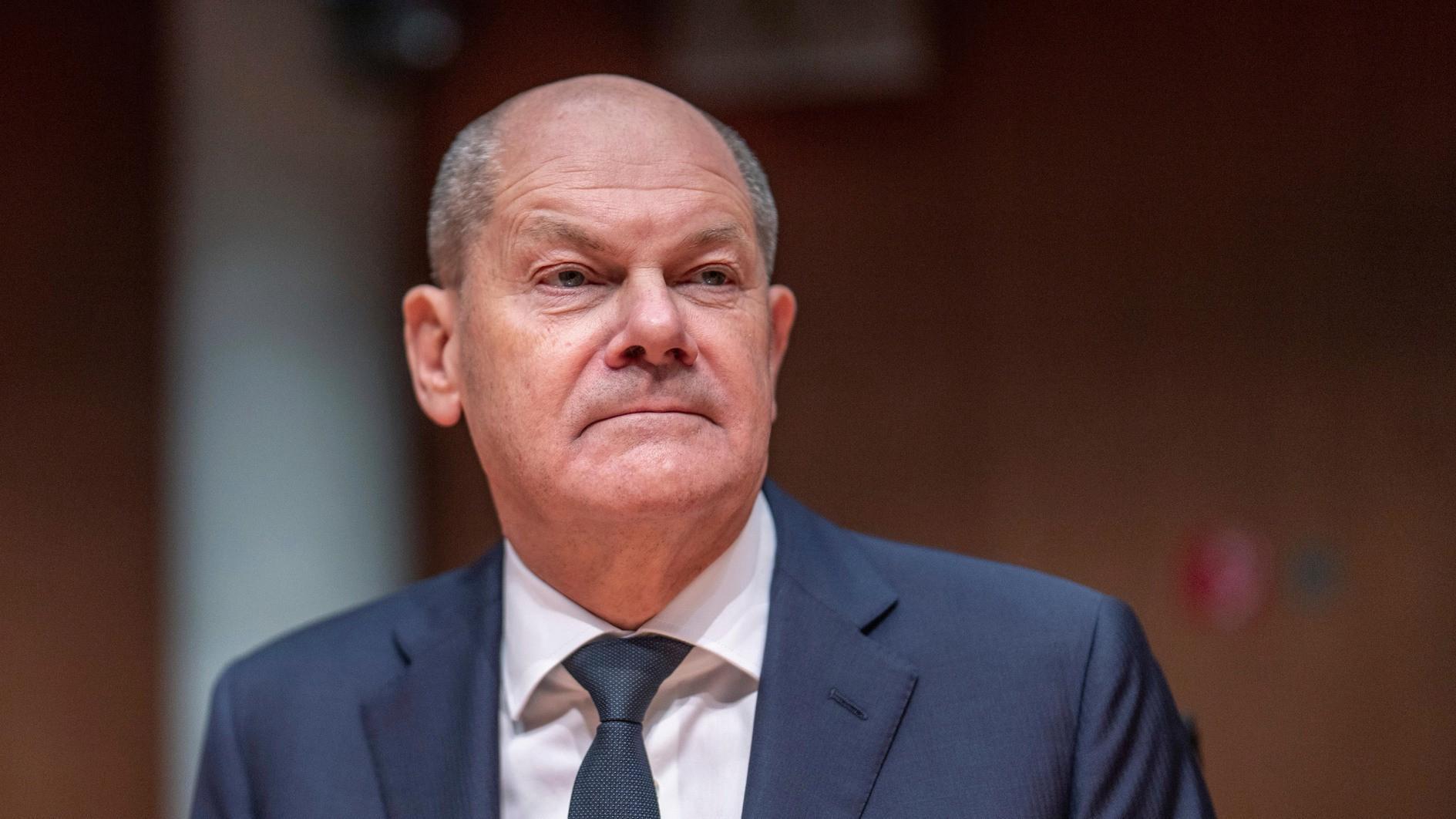Davutoğlu: The last prime minister of the first Turkish Republic?
On Jan. 29, Thursday, daily newspaper Sabah, which closely follows the policies of Turkish President Tayyip Erdoğan, featured a headline stating: “Executive power to go to the president only.”
The report said that this goal would be the basis for the upcoming election campaign for the ruling Justice and Development Party (AK Parti), without attributing it to any source.
That is in line with the obvious political target Erdoğan has been highlighting for the last few years. However, Beşir Atalay, an AK Parti spokesman and also one of the party’s old guard, denied the story in the morning hours of Jan. 29, saying it is not official party policy yet and work is still ongoing.
The article in Sabah came right after a statement from Erdoğan, in which he said the main theme of the next parliamentary elections, scheduled to take place on June 7, would be a “presidential system.” This system would grant extended powers to the president, but without a second chamber like the U.S. Senate to exercise checks-and-balances over these extended powers.
Erdoğan, who is actually supposed to be non-partisan according to the constitution, and is not supposed to take part in election campaigns, told reporters earlier in the week that he had spoken to Prime Minister Davutoğlu on the issue and there were “no problems” between the two of them. But in the model he outlined, there is almost no place for the prime minister. So did Davutoğlu really approve that design to curb his role and powers in the system?
Therefore, the Sabah headline has added to the confusion about the plans of Erdoğan and the AK Parti to change Turkey’s administrative system regime.
By lunchtime, the ambiguity over the source of the story was ended by AK Parti Deputy Chairman Mustafa Şentop, who went on record saying that the government’s election goal was to secure a large enough majority to write a new constitution and introduce a strong presidential system.
But there are still uncertainties over the role of the cabinet and the prime minister.
In Turkish politics, most things are symbolic and, by coincidence, just as Erdoğan was having a one-on-one meeting with Davutoğlu in his new presidential palace in the afternoon, technicians were busy taking down the official sun-and-sixteen-stars presidential emblems from the old Çankaya Palace.
Çankaya was previously the office and residence of all Turkish presidents, starting with Mustafa Kemal Atatürk, the founder of the republic.
As the removed emblems were on their way to the new palace, Erdoğan decided to make a public appearance in order to clarify his position on his presidential designs. Public broadcaster TRT changed its schedule in order to broadcast a live Q&A with the president at 9 p.m.
Indeed, Erdoğan clarified the ambiguity. If the AK Parti manages to secure a majority large enough to change the constitution, he will be in favor of a strong presidential system where the president is the only authority regarding executive power, (unlike the current constitution, which divides power between the president and the cabinet). The president would chair the cabinet and there would be no need for a prime minister; perhaps instead there would be a “First Deputy to the President,” which is not a system widely used in Western democracies. All this would amount to a remarkable concentration of power in the president’s hands, with reduced checks-and-balances.
If the AK Parti wins a parliamentary majority on June 7 large enough to write a new constitution by itself, or if it is able to change the constitution through a referendum, that could be regarded as the beginning of a Second Republic in Turkey. If that happens, Davutoğlu could take his place in the history books as the last prime minister of the first Turkish Republic, as Erdoğan’s plans foresee no role for a prime minister in the Second Republic.











